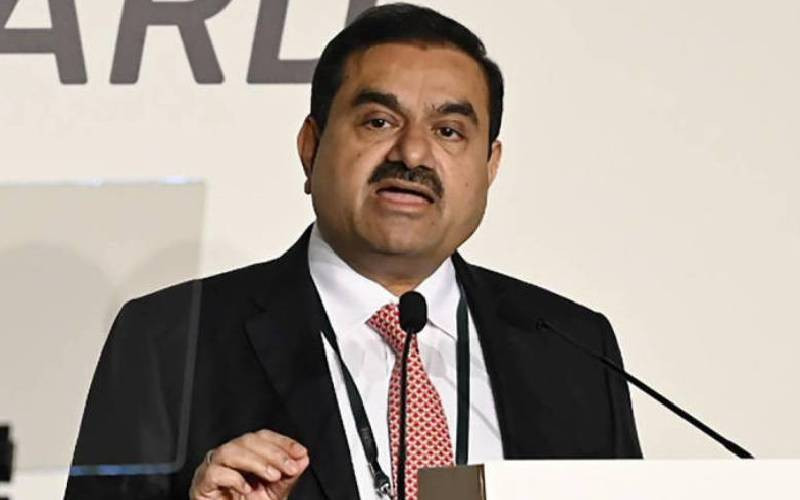×
The Standard e-Paper
Smart Minds Choose Us
Drug and substance abuse among the youth is both a national and global problem. Research has shown that 92 per cent of seniors in the United States indulge in alcohol before they graduate from high school.
33 per cent of this population are heavy drinkers. The recent involvement of high school students in drug abuse and public sex inside a hired bus in Kenya buttresses the notion that juvenile delinquency is on the rise. This begs the question, are we doing enough to help our children overcome this challenge?








